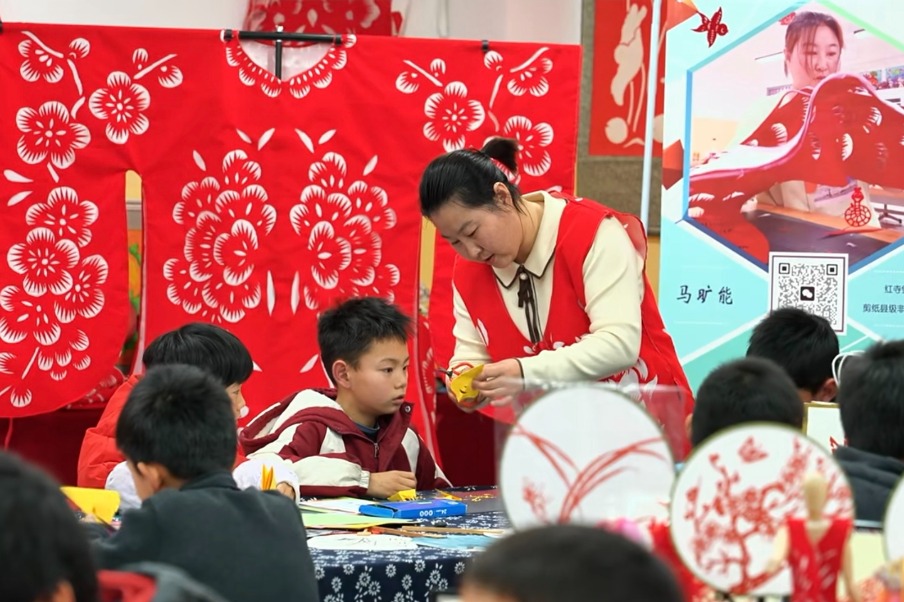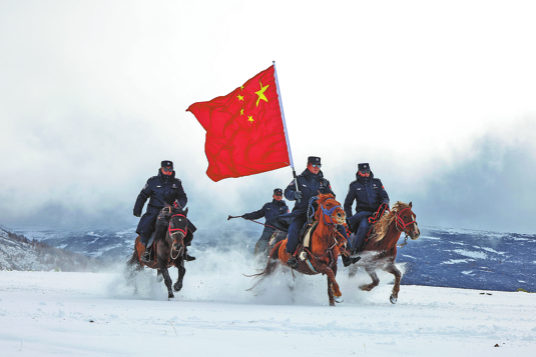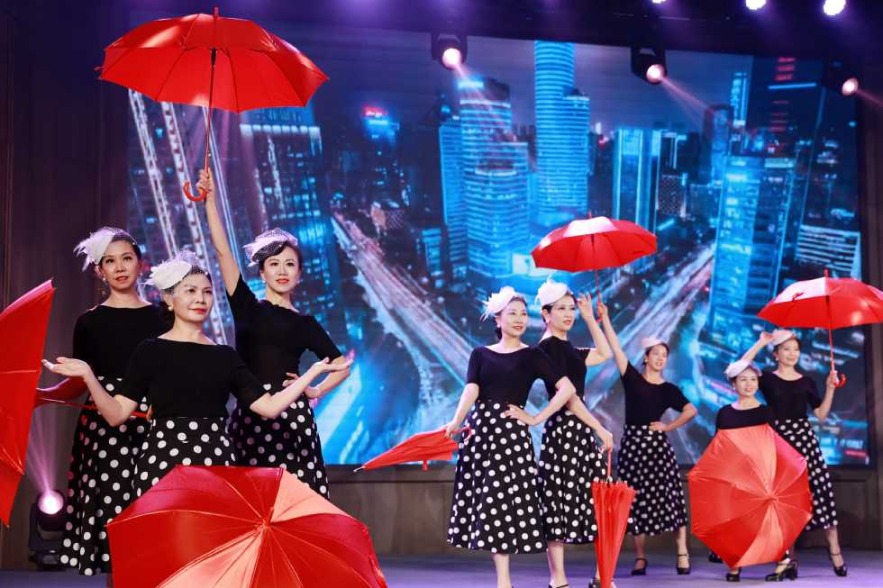Oldest female veteran of Long March dies


Wang Dingguo, believed to be the oldest female Red Army veteran who completed the Long March, died of illness at the age of 107 on Tuesday.
The Long March, carried out by the Red Army and led by the Communist Party of China to combat the Kuomintang regime, covered over 12,500 kilometers from October 1934 to October 1936.
"There are fewer than 100 Red Army soldiers who took part in the Long March that are still alive. With Wang's passing, there is now one less," said Xue Gang, a history consultant of the Chinese Martyrs Glorification Promotion Association. "And the only time people hear about them is when their obituaries are published. Actually, their stories are all truly inspirational and must be preserved."
Wang, from Sichuan province, joined the Red Army and the CPC when she was 20, five years after she was sold to a local man to be his wife.
When Wang was 21, she started the Long March with the Fourth Red Army Front and fought during battles. She was also with the army's theatrical troupe that aimed to lift the troops' spirits.
The Red Army passed through some of the most difficult terrain with limited supplies during the Long March. It ended when the three Red Army fronts of more than 30,000 troops met in Huining, Gansu province, in October 1936. The army engaged in more than 380 battles during the trek.
One of Wang's toes fell off due to frostbite when climbing a snow mountain, and she was also shot twice in her right leg during battles. None of the life-threatening circumstances foiled Wang's determination to complete the Long March and seal the ultimate victory.
She could still remember moments when troops lit up the torches when the night came, she said during an interview in 2016.
"The line of torches looked like a long dragon with flames," she said. "They lit up the dark, winding roads. For me, I saw hope."
Xue said the Red Army veterans' stories during the Long March are particularly inspirational for young people.
"People joined the Red Army for different reasons. Many of them were very young and just wanted to make a living," Xue said. "Through the hardship of the Long March, they gradually found their purpose in life and grew to be real heroes."
He urged the country to set up a database of Red Army veterans and record their stories so they won't be lost.
- China launches new satellite
- China's railway passenger trips hit new record in first 11 months
- Wondrous Xinjiang: High on the plateau, guardians keep watch over pristine wilderness
- Ningxia students recreate masterpiece with paper-cutting
- China's railway network hits record 4.28 billion trips
- HK blasts 'despicable' Western smears after Jimmy Lai verdict





































